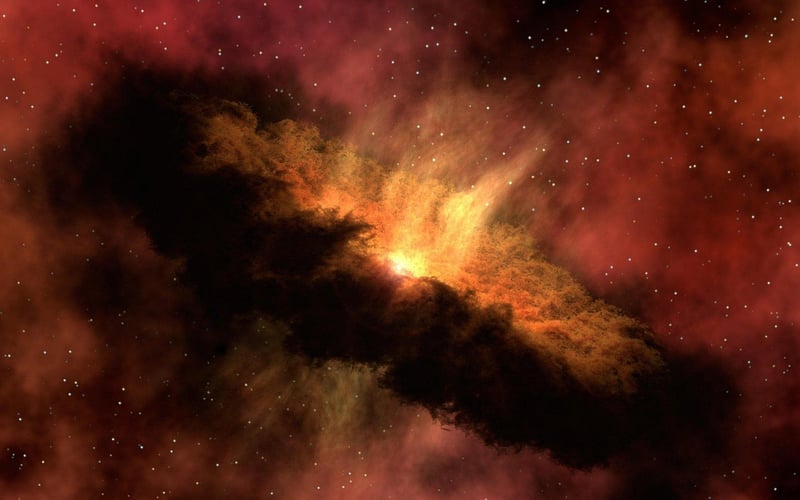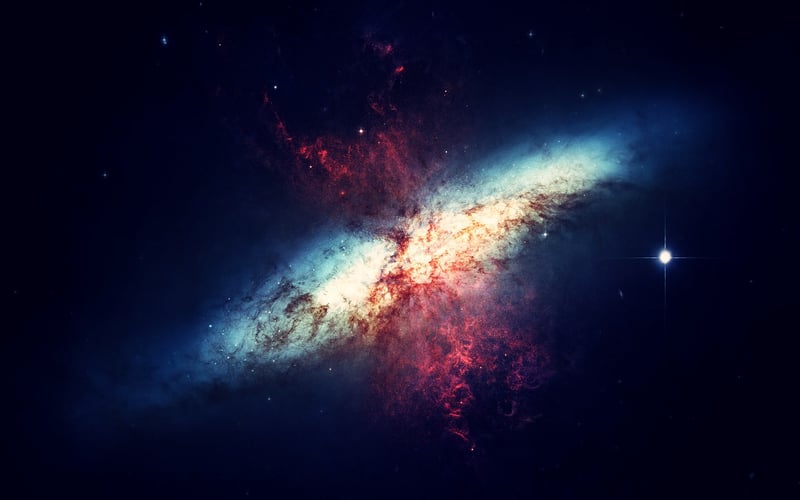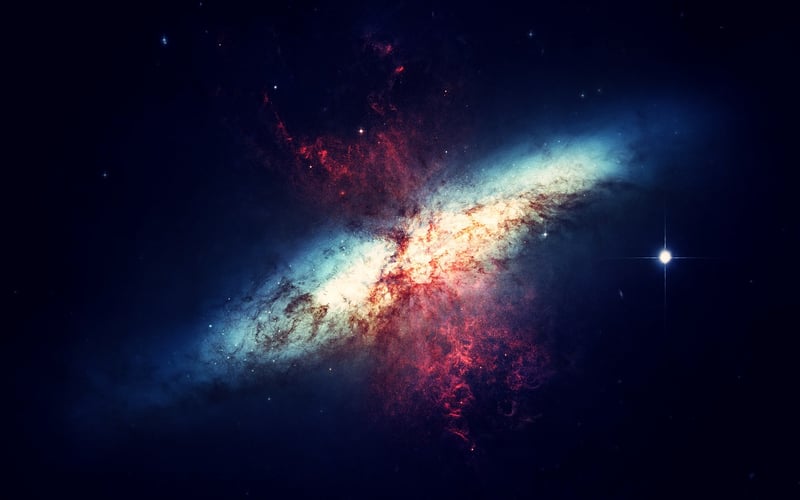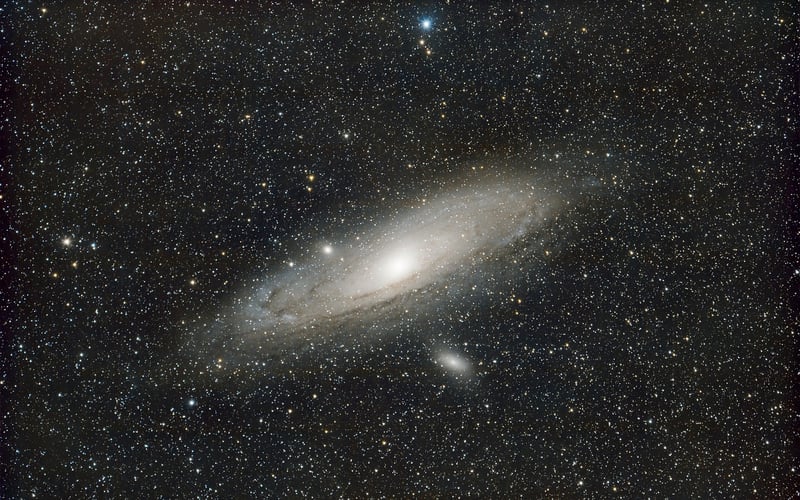Origin of the Universe
Unraveling the Unknown: Origin of the Universe
Have you ever wondered how the universe came into existence? The question about the origin of the universe has puzzled scientists and thinkers for centuries. Let's delve into the fascinating realm of cosmology and explore the leading theories that attempt to explain the creation of our vast cosmos.
The Big Bang Theory
One of the most widely accepted explanations for the origin of the universe is the Big Bang theory. According to this theory, the universe began as a singularity - a point of infinite density and temperature. Approximately 13.8 billion years ago, this singularity rapidly expanded, giving rise to the universe as we know it today.

Inflationary Cosmology
Inflationary cosmology suggests that the early universe underwent a rapid and exponential expansion immediately after the Big Bang. This period of inflation helps to explain the uniformity of the cosmic microwave background radiation and the large-scale structure of the universe.

Multiverse Theory
The multiverse theory proposes the existence of multiple universes, each with its own set of physical laws and constants. This idea challenges the notion of a single, unique universe and raises intriguing questions about the nature of reality and existence.

Conclusion
While the origin of the universe remains a topic of ongoing research and debate, these theories offer valuable insights into the nature of our cosmos. By exploring different perspectives and pushing the boundaries of our understanding, scientists continue to unravel the mysteries of the universe, taking us one step closer to unlocking the secrets of our cosmic origins.
Next time you gaze up at the night sky, remember that each twinkling star holds a story of cosmic beginnings, waiting to be discovered.
